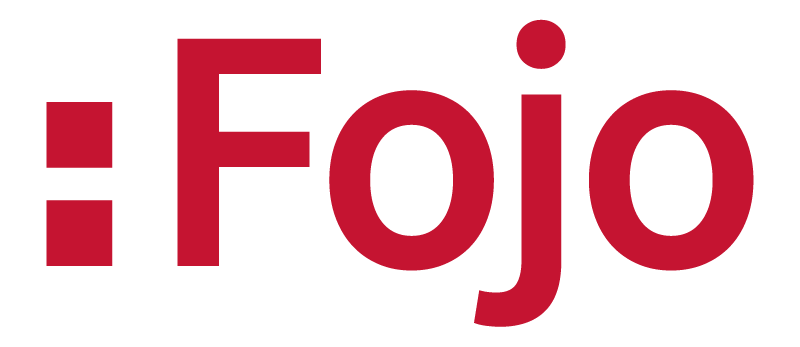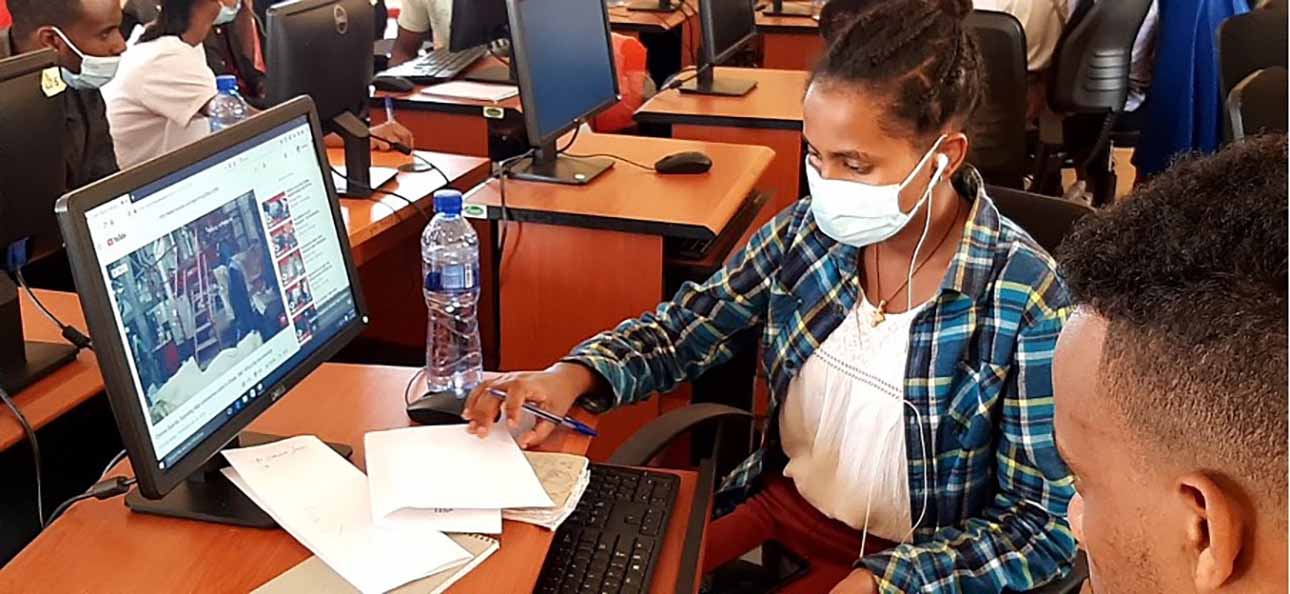A report on critical media consumption from Ambo and Jimma in Oromia region, supported by Fojo – IMS supports as a part of a 12 month Media Literacy Empowerment project targeting high school students across Ethiopian regions.
Nardos Shitaye, 19, was sitting at the table scanning her Telegram updates over her phone when it rang. It was from her school, asking if she wanted to be part of a media literacy training arranged through Bahirdar University with the support of Fojo-IMS Media reform programme.
“I will be more than happy; I hope it will favour my active social media engagement and thank you”, she responded.
Like many other countries in the world, digital skills are essential to Ethiopia, where millions of social media users engage actively in online communications despite limited internet penetration. Misinformation, disinformation, fake news and hate speech thrive in Ethiopia, reflecting world events and exacerbating conflicts and violence within the country. In such circumstances finding reliable information becomes a challenge and Fojo-IMS believes increased media literacy is necessary among the population. Thus, it has been made part of the education curriculum.
According to Søren Østergaard Sørensen, Programme Manager for the Fojo-IMS Media Reform Programme in Ethiopia, the need for enhanced media literacy is a global issue and not isolated to Ethiopia.
“It is of critical importance here, however, because of the context of growing conflicts around the country and growing polarisation of people with different political views, ethnicity and sociodemographic groups. Both the traditional and the new social media platforms are increasingly contributing to creating an ‘us and them’ narrative”, he says.
In accordance with this, Fojo – IMS supported Bahirdar University’s proposal on media literacy education to youth combating fake news, misinformation¸ and disinformation in selected regional cities of Ethiopia, to train high school and university students across the country in media literacy.
As the trainer claps his hands to start the session, most of the participants dressed in dark blue uniform eagerly shuffle into the training room at The University of Ambo. During two training workshops held in the towns of Ambo and Jimma in the Oromia Region, the programme reached more than 80 students aged between 17 and 23 and who are all active in most social media platforms. Dr. Jemal Mohammed, Project Coordinator from Bahirdar University said that he was inspired by the readiness of the trainees on the matter and how active and engaged they were on the topic. He believes the programme targeted the correct audience to reach its objectives.
“When they say Media Literacy, I never thought it will be about social media at first”, says the student Nardos Shitaye.
“I thought it is about the traditional media and I am happy to be part of this digital communication literacy.” Nardos Shitaye says that she finds the programme timely, with a direct connection to her and her peers who actively engage on social media with their smartphone at hand.
Another student from Ambo High School, Natnael Adane, 17, sees personal development potential besides taking the training. He says he is active on Facebook, Telegram, Imo, and Instagram with more than 5000 followers. In five years, he sees himself as a computer scientist doing in-depth research to develop tools for alerting consumers towards misinformation.
Søren, The Programme Manager for Fojo-IMS Media Reform Programme in Ethiopia asserts;
“Our support to media literacy initiatives, like the regionalised project that we just started up in Ambo and Jimma, are focused on high school and university students, because the capacity to understand the nature of misinformation in social media and the need for critical consumption and fact checking from a diversity of sources is most important for the heavy users in the new generation of Ethiopians. They will hopefully lead the change for a more responsible critical consumption and activity on social media”, he underscored.
Sena Biya, 23, fifth year pharmacy student from Jimma University was also part of the training held in Jimma. She acclaimed the session as practical with tools to identify fake and disinformation including an “alert” to check before reacting to it. She is also a president for the Female Student’s Association in the university, where she is responsible for administering the association’s Telegram account. She said she learned to check posts before sharing them in the group.
The media literacy training programme was initiated by Bahirdar University aiming to reach more than 400 trainees both from high school and universities across, Amhara, Oromia, Sidama and SNNPR that includes cities of Gondor, Dessie, Debremarkos, Ambo, Adama, Jimma, Hawassa and Dilla. It is a 12 months programme for eight high schools and eight universities. According to Dr. Jemal they are hoping to implement it before the end of this year, with strong follow-up afterwards. Besides providing the training and enhancing awareness on fake news and misinformation to the youth, the programme will also develop a media literacy training manual that could be an input for the curriculum.



